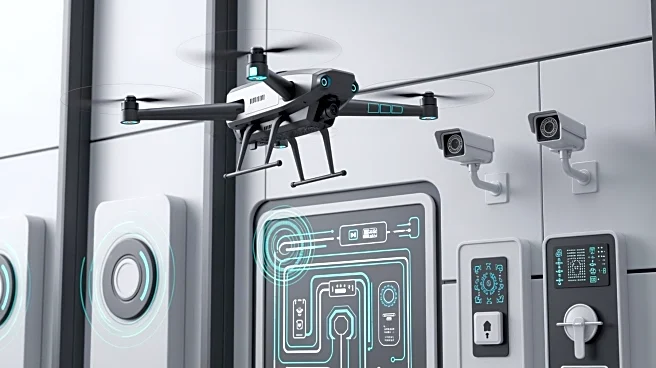What's Happening?
Norwegian public transport operator Ruter is enhancing security measures after tests revealed that Chinese-made electric buses could be remotely controlled by the manufacturer. The tests showed that Yutong Group, the bus maker, had access to control systems
for software updates and diagnostics, raising concerns about potential exploitation. The findings have prompted Ruter to implement stricter security protocols and anti-hacking measures to protect against unauthorized access.
Why It's Important?
The ability to remotely control vehicles poses significant security risks, particularly in public transportation systems. This revelation underscores the importance of cybersecurity in the transportation sector, as remote access could lead to operational disruptions or safety hazards. The incident highlights broader concerns about data privacy and security in the context of international technology partnerships, influencing regulatory approaches and public trust.
What's Next?
Ruter plans to impose tougher security rules in future procurement and develop firewalls to ensure local control. Collaboration with authorities on cybersecurity requirements is expected to enhance protection against hacking. The transport operator's proactive measures may set a precedent for other companies facing similar challenges.
Beyond the Headlines
The incident raises questions about the balance between technological advancement and security, particularly in international collaborations. The potential for remote control of vehicles may prompt broader discussions on data sovereignty and the ethical implications of technology use in public infrastructure.
















